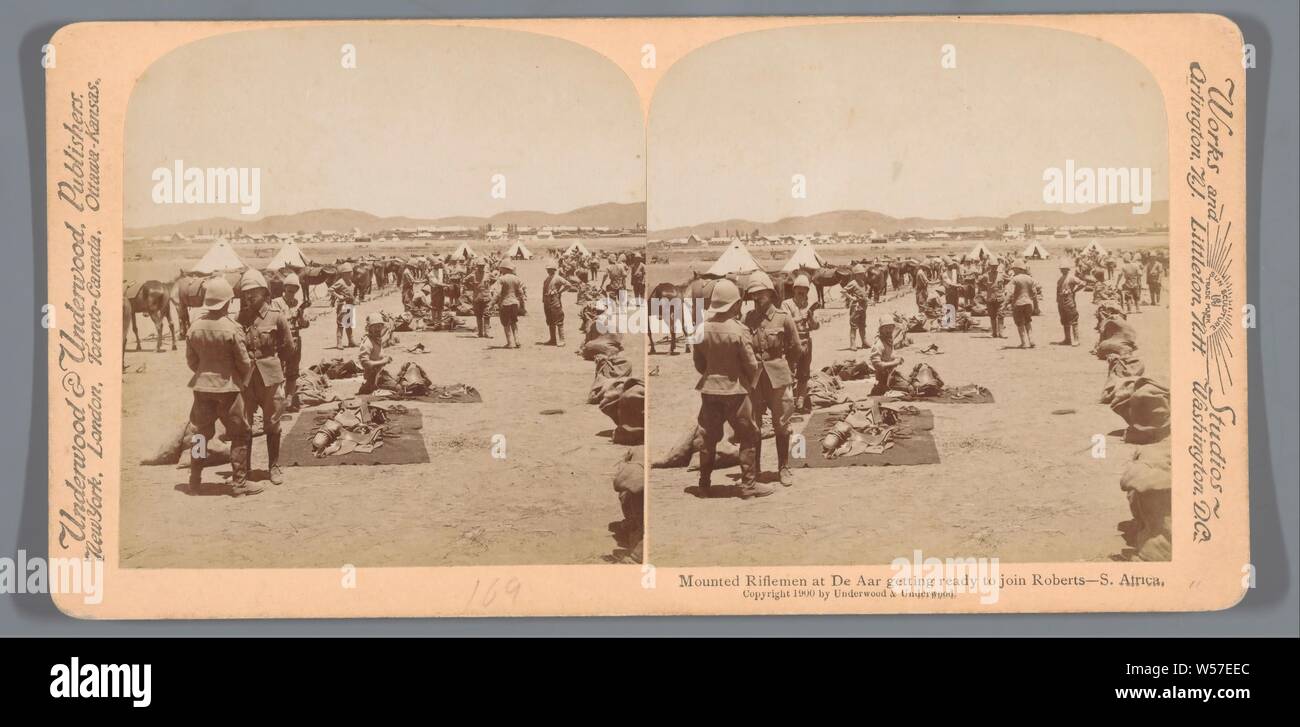We still have our tablets, but they were stopped because of some technical problems. We do not know when we will use them again, it was good because we were able to register at least 10 households per day and do our referrals with ease. Now when I visit households, I have to carry maternity records, individual records, tick sheets, TB records etc. When coming to reporting at the end of the month it was much easy sic.
With paper, we experience problems. The papers are in the files that we keep in our room, too much paper and reports can be untidy. The government must bring back smaller tablets that can fit into our bags. The study presented the voices of CHWs regarding their roles in Primary Health Care especially, at household and community level.
CHWs demonstrated awareness of their importance to the department of health and the communities they served. They articulated their roles in ways that were consistent with the PHC Re-engineering principles. Their roles in maternal child health interventions, integrated approaches to chronic conditions, referrals and health promotion are key themes in PHC. They were aware of the targets they needed to achieve, expectations in relation to their responsibilities, scope of practice and reporting requirements.
They believed that they were in a better position to detect diseases early and link the needy to the relevant services. The deployment of CHWs to increase access to health care, acceptability, relevance and to support health care provision has been documented in several studies [ 3 , 5 , 8 ].
The results suggests that CHWs regarded themselves as agents of change, in that the household registrations allowed them to identify vulnerable individuals and take appropriate action, thus, improving access to care. Meaning that they effected noticeable change in the lives of the communities [ 17 ], agree that the household profiling enables CHWs to identify vulnerability. They perform various screening activities which would normally be performed by nurses, hence, they believed that their interventions have alleviated some workload on health facilities, as there were lesser queues at the facilities.
Availability
These findings were not verified with the facilities. The role of linking the communities and the formal healthcare system was evident through referrals to various entities such as SASSA, among others.
The referral procedures seemed to be well established, in that there were back referrals from either the team leaders or the facilities. They have also empowered the families and individuals to take control of their own health by providing health education on various topics such as male circumcision, immunisations, nutrition and adherence.
NCBI - WWW Error Blocked Diagnostic
These are key health promotion issues, in view of the disease burden in South Africa [ 18 , 19 , 20 ] acknowledge their importance in promoting a healthy lifestyle and providing educational information to communities. They believed that this role has enhanced their status in the community in that the majority of families and communities responded positively to their interventions.
The gratitude they received gave value and meaning to their work. Being associated with medical knowledge can be empowering and a source of inspiration for the CHWs [ 21 ]. Therefore, CHWs need to be adequately supported and their work acknowledged [ 6 ] confirm that the generalist roles of CHWs is a valuable and potential intervention for the re-engineering of the primary health care system in South Africa, because it creates a model of integrated care across different levels of the health care system.
However, this study found that this generalist role complex and heavy for them, more so, the quality of work they provide has not been assessed. The working relations with the team leaders was perceived as good, this is reflective of the level of support team leaders professional nurses provided. However, all participants claimed that the support from the health care system was less desirable.
Introduction
Their main challenge was the high workload, lack of resources and open contracts that generate anxieties over their future. This finding is consistent with [ 22 ] study that revealed that for CHWs to be able to function effectively and to be able to empower the communities they serve, it is essential that they themselves be or feel empowered. Training opportunities for growth and irregular stipends were cited as barriers to self-actualisation in their work. The Community health workers come from impoverished families and communities [ 8 ], depriving them of basic necessities, yet entrusting them with the health of communities is a threat to the core principles enshrined in PHC.
The healthcare system needs to invest in building CHWs' skills and support them as valued members of the health Team [ 8 ]. Adequate training and support are crucial in empowering the CHWs [ 19 ].
The recommendations CHWs made were mainly to improve their working conditions. First and foremost, they suggested that the workload needs to be reviewed and adjusted. This begs the question: what is the most reasonable or practical workload CHWs can take? Various factors would need to be considered, also, caution needs to be exercised to prevent demotivation and burnout. There are complex reasons why CHWs seek more compensation: poverty and a need to provide for their families [ 8 ].
The suggestion to participate in drawing up their contracts is well founded and supported in literature, CHWs need to be engaged in the policy process, help shape new standards for CHW programs based on rooting out social and economic inequities, and develop appropriate solutions to complex CHW policy problems [ 8 , 23 ]. Their concerns about their health, security and safety are well founded, crime is a reality in South Africa as well as various forms of resistant TB prevalent in the communities.
They showed awareness of the importance of quality of health data. Hence, they wanted the tablet initiative to resume, with adequate and accessible technical support [ 6 ], argue that the healthcare system is grappling with its own fundamental challenges. District teams are also facing complex financial and human resources challenges [ 24 ]. This would invariably impact the distribution of resources and effective integration of CHWs into the formal healthcare system. This study is limited to the two sub-districts in one district. The data are from a small number of CHWs. As such, data may not represent the perceptions of CHWs in other areas in the province.
Furthermore, the perceived effectiveness or quality of their interventions were not collected in the current study and as such the quality of their practices remain unknown. Findings show that CHWs believed that they were making a meaningful and significant contribution to health promotion and the re-engineered PHC approach. They had diverse responsibilities, and most of their activities seemed to involve home-based care, palliative care, support, health, social care and referrals.
The complex issues CHWs address in the community call for a review of their roles and workload as well as the quality of work they provide. Their scope of work needs to be clarified and be congruent with the training provided. Their participation in healthcare facilities could create a dilemma regarding reporting processes. The involvement of other healthcare professionals at the facilities would require increased awareness or knowledge of their roles and responsibilities. At the same time, it could create a pathway for effective integration into the system.
- Mistä löytää prostituoitu Suomi.
- .
- dating reviews Johannesburg South Africa.
- cougar dating White River South Africa.
- !
- ?
This observation calls for greater policy directives and clearer definition of roles of all stakeholders are primary care level. CHWs perception of support from the government is a threat to the sustainability of this programme. Currently, they felt as if they were at the margins of the health care system, their needs and challenges seemed to have not been adequately addressed.
It is evident from findings that urgent policy directives regarding their position, workload, training, resources such as meeting rooms and proper storage of files, and health and safety issues are required.

In addition, the role of NGOs need to be clarified, as one of the recommendations was that recruitments should be handled by the department. The positive response by the communities could be an opportunity or a vehicle for the government to involve communities in the recruitment of CHWs. In the absence of their mobile devices, documentation of CHWs data needs to be reviewed, the current data collection tools are viewed as tedious and a barrier to good health information management. This study assumes that adequate support for CHWs would enable them to perform effectively in their roles and better respond to the community and family needs.
The health system policy could sustain their commitment and motivation to serve their communities by addressing issues such as their desire for knowledge, hope for permanency and financial incentives. Provincial guidelines for the implementation of the three streams of PHC re-engineering. Pretoria: Government of South Africa. Google Scholar. Nxumalo, N. AIDS Care, 28 , 61— Padayachee, T.
Progress in the establishment of ward based outreach teams: Experiences in the North West Province. South African Health Review, 7 , 73— Pillay, Y. Neupane, S. Comparing a paper based monitoring and evaluation system to a mHealth system to support the national community health worker programme, South Africa: An evaluation. Le Roux, K. The role of community health workers in the re- engineering of primary health care in rural Eastern Cape. South African Family Practice, 57 2 , — Naledi, T.
Primary health care in South Africa since and implications of the new vision for PHC re-engineering. South African Health Review, 1 , 17— Maes, K. Becoming and remaining community health workers: Perspectives from Ethiopia and Mozambique.
